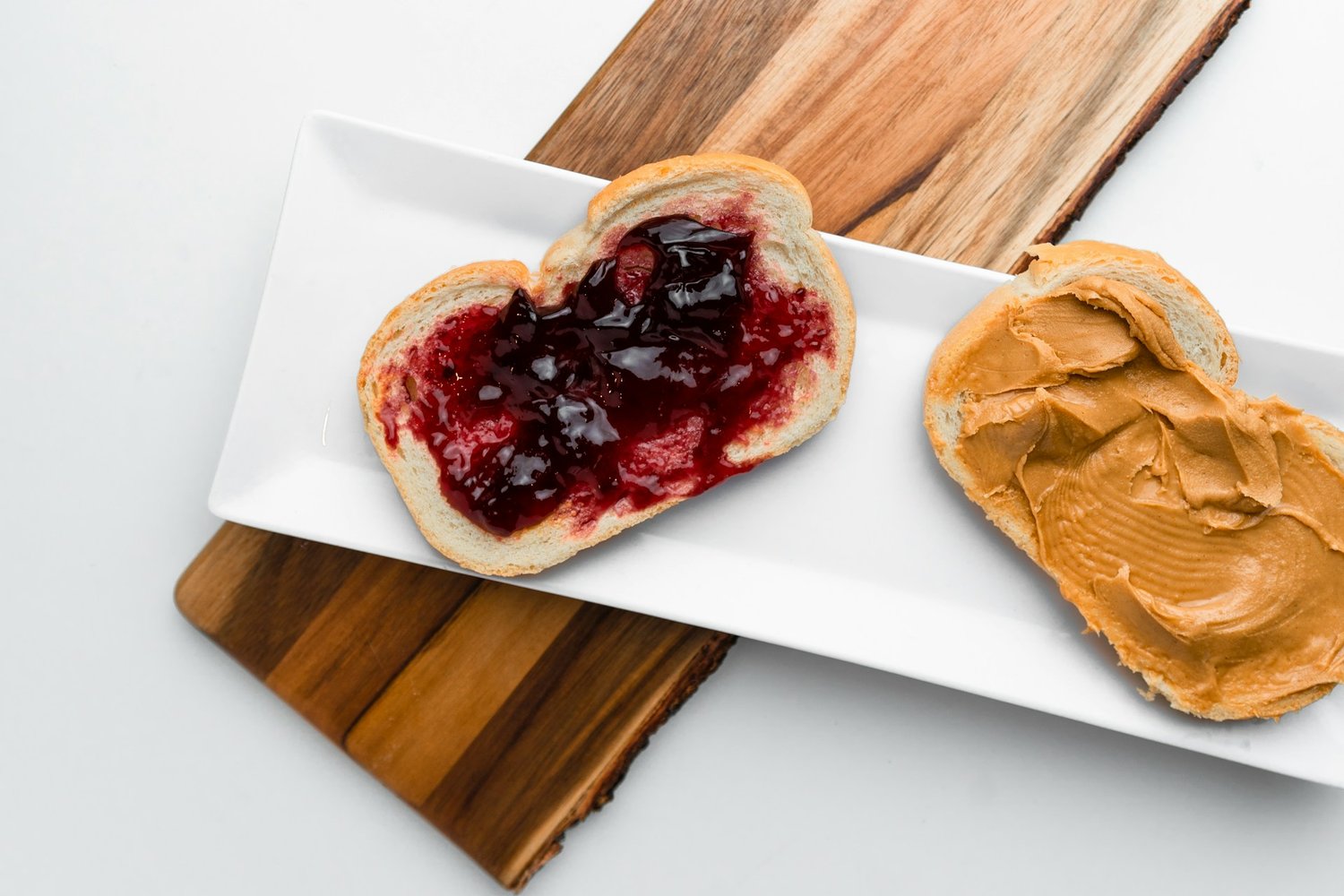Properly storing non-perishable foods can save you money and ensure your family has access to safe, delicious meals. Follow these best practices to keep your pantry organized and your food fresh.
Why Proper Storage Matters.
Non-perishable foods are designed to last a long time, but they can still lose quality or become unsafe if not stored correctly. Proper storage helps prevent spoilage, maintain flavor, and reduce waste. Plus, it ensures you always have essential ingredients on hand for any meal.
Choose the Right Storage Containers.
1. Airtight Containers: Keep foods like flour, sugar, pasta, and rice in airtight containers to prevent moisture and pests from getting in. Glass or plastic containers with tight-fitting lids work well.
2. Opaque Containers: For items sensitive to light, such as oils and certain spices, use opaque containers to prevent light from degrading the quality.
3. Label Everything: Use labels to note the purchase or expiration date. This helps you use older items first and reduces the risk of consuming expired food.
Ideal Storage Locations.
1. Cool, Dry Place: Most non-perishables should be stored in a cool, dry place. Avoid areas near stoves, ovens, or other heat sources.
2. Dark Places: Light can degrade certain foods, so store items like oils and canned goods in a dark place. A pantry or cupboard works well.
3. Low Humidity: Humidity can cause mold growth and spoilage. Use a dehumidifier if you live in a humid area, or store items in sealed containers with silica gel packets.
Organizing Your Pantry.
1. First In, First Out (FIFO): Arrange your pantry so that older items are at the front and newer items are at the back. This practice helps ensure you use items before they expire.
2. Grouping Similar Items: Keep similar items together to make it easier to find what you need. For example, keep all canned goods in one section and baking supplies in another.
3. Regularly Check Inventory: Regularly check your pantry to keep track of what you have and what you need. This prevents overbuying and helps you maintain an organized space.
Special Considerations for Specific Foods.
1. Grains and Flours: Store grains and flours in airtight containers to prevent pest infestations. Consider keeping them in the fridge or freezer if you live in a warm climate.
2. Canned Goods: Store canned goods in a cool, dark place. Check cans regularly for signs of rust, dents, or bulging, as these can indicate spoilage.
3. Dried Foods: Foods like dried beans, lentils, and fruits should be stored in airtight containers to prevent moisture absorption and pest infestations.
4. Spices and Herbs: Keep spices and herbs in a cool, dark place to preserve their flavor. Avoid storing them above the stove, as heat can reduce their potency.
Maintaining Freshness and Safety.
1. Check Expiration Dates: Regularly check expiration dates and rotate your stock to ensure you use older items first.
2. Inspect for Damage: Look for signs of damage, such as bulging cans, broken seals, or mold. Discard any items that show these signs.
3. Use a Vacuum Sealer: For long-term storage, consider using a vacuum sealer to remove air and seal items in bags. This can significantly extend the shelf life of many foods.
Bonus Tips for Bulk Buying.
1. Divide and Store: If you buy in bulk, divide items into smaller portions and store them in airtight containers. This makes them easier to use and helps maintain freshness.
2. Keep a Shopping List: Maintain a shopping list of non-perishable items you need to replenish. This helps prevent overbuying and ensures you always have the essentials on hand.
Emergency Preparedness.
1. Stock Up on Essentials: Keep a stock of essential non-perishable foods like canned goods, pasta, rice, and beans. These items can provide meals in case of an emergency.
2. Rotate Stock Regularly: Regularly rotate your emergency stock to ensure everything is within its expiration date. Use items close to expiring and replace them with new purchases.
3. Consider Nutritional Needs: When stocking up, consider the nutritional needs of your family. Include a variety of items to ensure balanced meals.
Proper storage of non-perishable foods is crucial for maintaining their quality and safety. By following these best practices, you can keep your pantry organized, reduce waste, and ensure your family always has access to fresh, safe food.
For a comprehensive guide to stocking up on non-perishable foods and other emergency preparedness tips, check out the book Emergency Preparedness: Your Complete Guide to Stocking Up at Heaven and Earth Grocery Store - Essential Tips for Families, Survivalists, and Natural Disaster Preppers. It offers valuable insights and practical advice to help you stay prepared and well-stocked in any situation.
Happy storing!



Comments ()